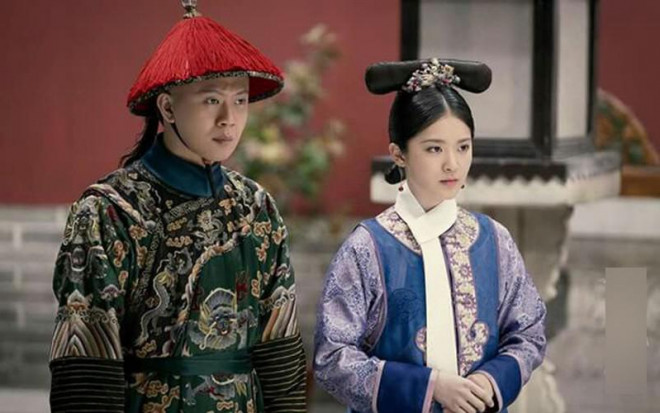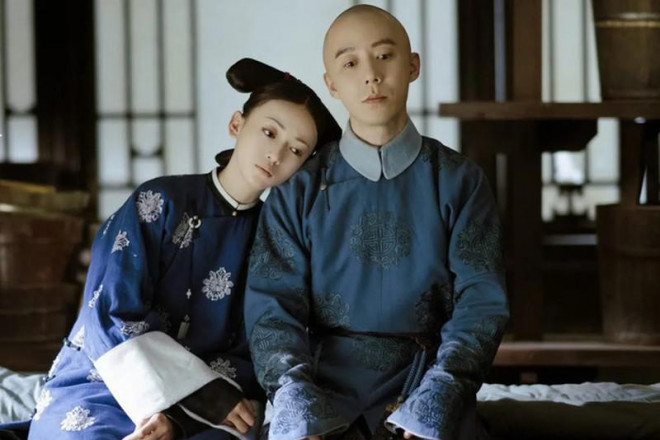When resting, eunuchs also hope that there will be someone to accompany, care for, and serve them, to make up for the time of being treated unfairly and suffering.

Illustration photo.
In Chinese history , eunuchs were a special class in the royal palace, enjoying salaries and wealth if they were skillful in pleasing their masters.
Eunuchs usually do not marry but adopt children. However, many eunuchs still have wives. There are many cases of eunuchs marrying, the earliest record of eunuchs marrying is from the Eastern Han Dynasty.
During the reign of Emperor Huan of Han, eunuchs such as Dan Chao, Tang Hong, and Xu Huang were appointed as the Five Marquises, and they also openly married.
During the reign of Emperor Xuanzong of Tang, this phenomenon was quite evident. At that time, the eunuch Gao Lishi was very much favored by the emperor. After marrying the daughter of a minor official in charge of documents named Lu Xuanwu, Gao Lishi began to openly promote his father-in-law, promoting him to the position of Shaoqing. When Gao Lishi's mother-in-law passed away, the funeral was also extremely solemn.
The high-ranking officials in the court came in person to offer their condolences. The scene was extremely grand, from which one can see how high the status of eunuchs was during the Tang Dynasty.
It was not until the Song Dynasty that the phenomenon of eunuchs marrying wives clearly decreased, because during the Song Dynasty, the emperor had learned a lesson from the harm caused by eunuchs during the late Tang Dynasty, so he strengthened the management of eunuchs. Although there were still some eunuchs who married wives, the number was very small, and there were almost no records in history books.
The first reason why eunuchs marry is to serve their daily needs. Eunuchs have to serve the emperor, the empress, and a host of other concubines and beauties every day. Sometimes, because of physical deficiencies, they are discriminated against, ridiculed, and despised.
Therefore, when resting, eunuchs also hope that there will be someone to accompany, care for, and serve them, to make up for the time of being treated unfairly and suffering. At the same time, having a wife by his side, eunuchs can also comfort their distorted psychology. However, if eunuchs do not love each other deeply when they marry, it will be truly unfortunate for both of them.

Illustration
In addition, the situation of eunuchs without wives and palace maids without husbands forced them to seek the so-called "doi thuc" to comfort the loneliness and emptiness in the palace. Initially, the phrase "Doi thuc" was used to describe homosexual behavior between palace maids, but later it was used as a default for the sexual relationship between palace maids and eunuchs.
"Doi thuc" appeared earliest during the Han Dynasty. When it first appeared, "Doi thuc" took the literal meaning, simply eunuchs and palace maids eating together but not sleeping together, and did not include sexual intercourse.
During the Ming Dynasty, the practice of "eating together" between palace maids and eunuchs became more common. If a palace maid stayed in the palace for too long without experiencing "eating together", she would be ridiculed by those around her.
Normally, "companionate" couples would take care of each other, the eunuch would help the maid with some heavy work, and the maid would help the eunuch sew clothes or prepare delicious food for the other.







0 Comments